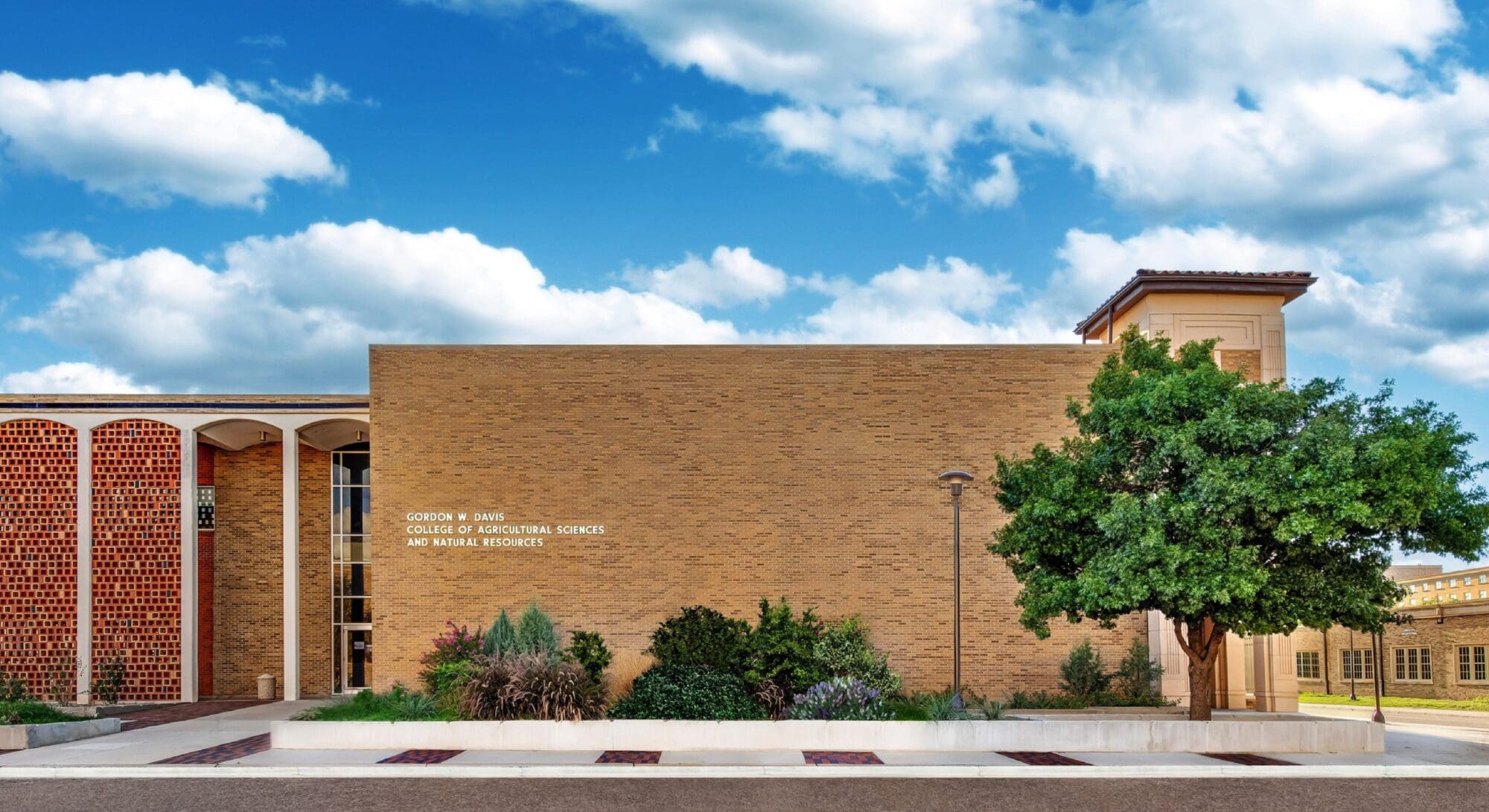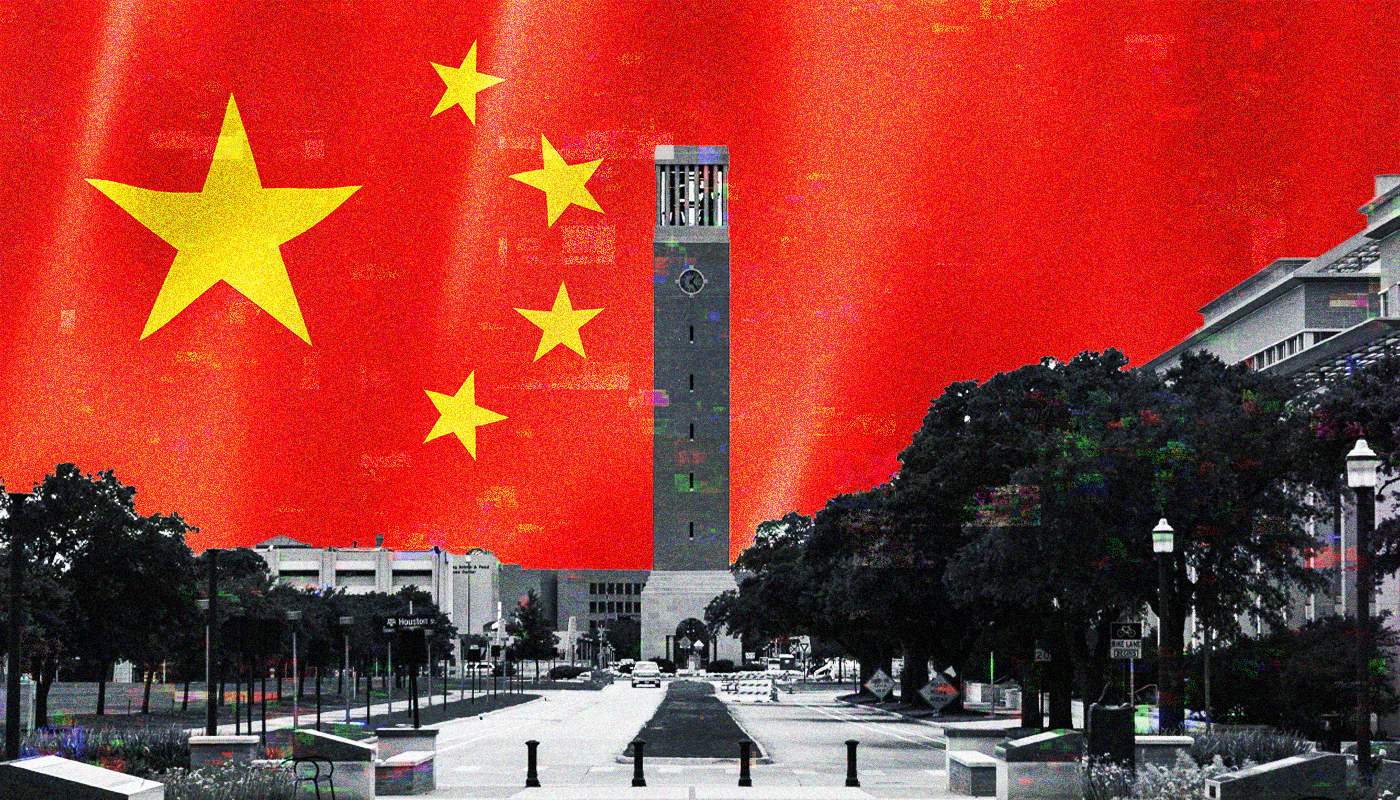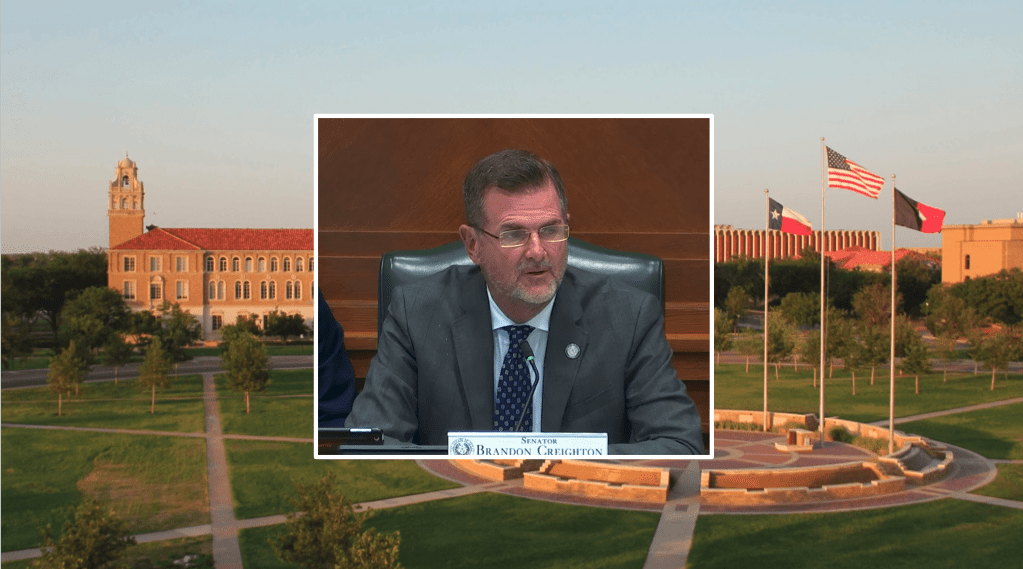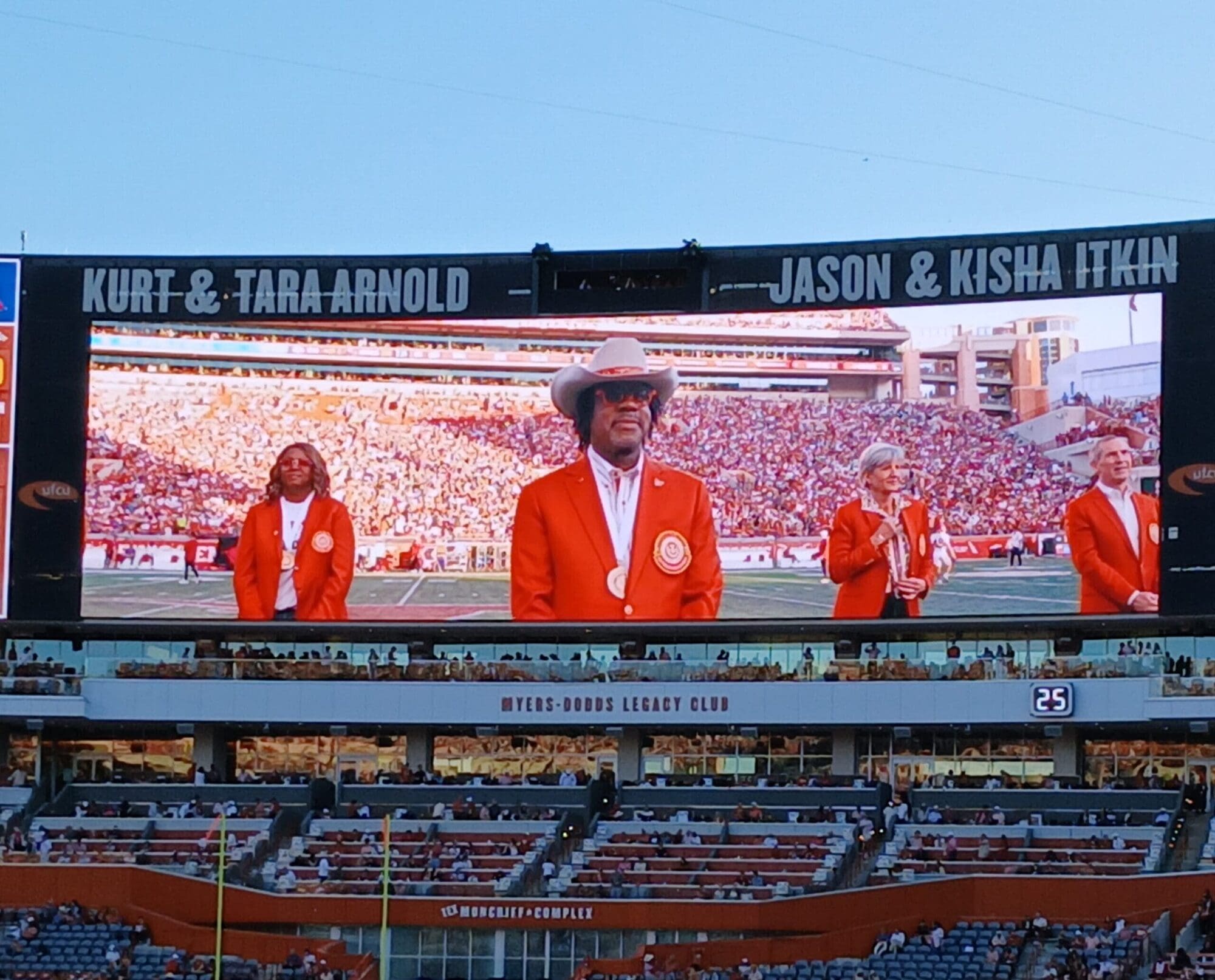Texas Tech’s Agricultural College is offering a course full of “Diversity” and “Inclusion” in the 2024-2025 academic year.
This comes after university leadership made it clear that their mandate is for the entire university to follow the letter and the spirit of the state law banning DEI in higher education. Leadership handed down that mandate after they were made aware of a “Queering Agriculture” seminar hosted by a project on campus in June 2024.
Texas Tech is a large institution. While leadership has drawn a line in the sand, it appears not all sectors within have received the message.
The university’s 2024-2025 academic catalog listed Texas Tech’s offerings for this academic year. Within the 541-page document is an undergraduate course titled “Leadership and Diversity in Organizations and Communities.” It will be offered in Spring 2025. The catalog described this course as an “Exploration toward understanding principles of diversity and inclusion related to leader development, followership, organizational culture, leadership education, and practical application in agricultural and natural resources.”
The course was last offered in the spring of 2024 at Texas Tech’s Davis College of Agricultural Sciences & Natural Resources. The syllabus from that time confirmed that the course was saturated with the diversity and inclusion agenda.
“This class is an exploration of understanding principles of belonging, diversity, and inclusion as they relate to leader development, followership, organizational culture, leadership education, and practical application in the agricultural and natural resources industry,” the syllabus read.
Expected outcomes for students included the following:
Better understand your personal beliefs and values regarding diversity, inclusion, and cultural differences and participate in the work necessary to reach that understanding.
Engage in difficult conversations around diversity and inclusion while creating a safe environment for others to contribute.
Apply leadership and diversity theories in various agricultural, organizational, and community settings like a professional.
A “Belongingness and Inclusion In Agriculture Project” in the course is worth 150 of the 540 points available for students to earn. According to the syllabus, this project “is a mechanism through which students can identify personal, professional, social, and/or educational goals relative to belonging, diversity, and inclusion and develop specific objectives and activities designed to achieve those goals within the agricultural industry.”
The Spring 2024 syllabus is similar to the Spring 2023 one. The only difference is that the 2023 course was taught by faculty member Dr. Jason Headrick, under Dr. Scott Burris, chair of Davis College’s Department of Agricultural Education and Communications. The 2024 course was taught by a graduate assistant under Dr. Headrick’s supervision.
All of the above appear to violate the Texas Tech University System’s Code of Ethical Conduct definition of Diversity: “Stop seeing differences. Start seeing strengths.”
The dean of Texas Tech’s Davis College of Agricultural Sciences & Natural Resources is Dr. Clint Krehbiel. The “Leadership and Diversity” course is part of the recommended curriculum for the university’s Bachelor of Science in Agricultural Education.
Texas Scorecard asked Dr. Krehbiel for comment on this course. He provided a written statement.
In Davis College at Texas Tech University we are focused on maintaining and strengthening our culture built on integrity, strong relationships, spirit, and empowerment. Student success is our number one focus, and we are committed to excellence in teaching and experiential learning. We do not support curriculum that teaches students what to think but instead provide them the fundamental knowledge, skills, and confidence needed to become lifelong learners. The course referenced focuses on developing leaders who can communicate effectively across diverse communities and the importance of ethics in agriculture professions. Although the prohibitions in SB 17 do not apply to academic course instruction, Davis College will continue to work hard to follow the letter and spirit of SB 17.
Texas Scorecard will continue to examine higher education in the state. If you or anyone you know has information regarding universities, please contact our tip line: scorecardtips@protonmail.com.





